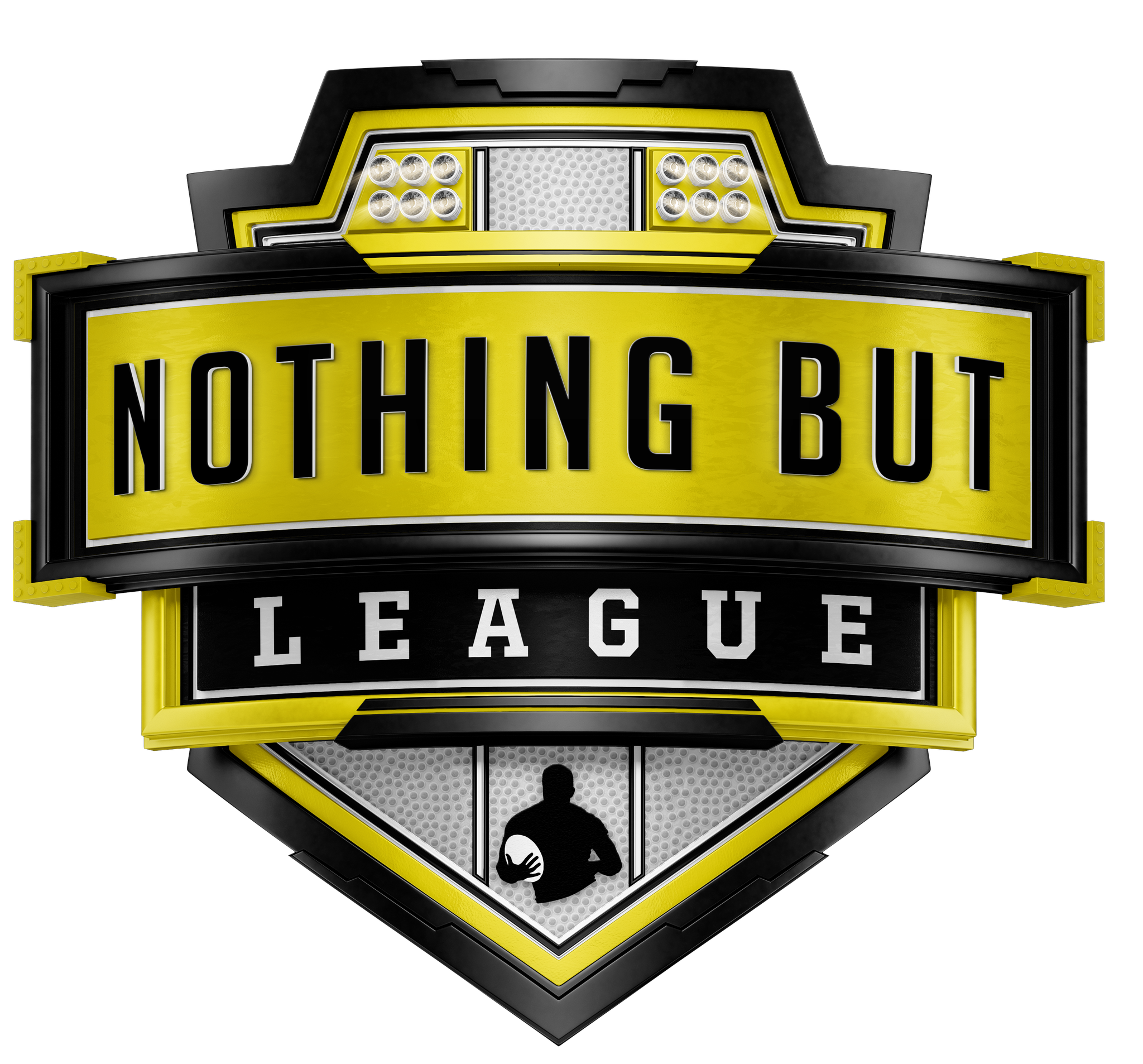Is the “Six Again” Rule Still Valid?
Last Friday’s Women’s State of Origin game didn’t use the at-times controversial “Six Again” rule, and it showed. While the almost torrential rain on the Sunshine Coast contributed to the 8-6 scoreline, it was an entertaining game that was decided in the final minute, with Queensland’s Lauren Brown kicking the winning goal following a contentious penalty.
With that in mind, would the NRL be better off dumping the “Six Again” rule?
The game is too fast, with too many blowouts
While a fast game is good to watch, there is such a thing as too fast. While the “Six Again” rule (brought in after the postponement in 2020) was exciting at first, it quickly created a divide between the ‘haves’ and ‘have nots’, as some teams thrived, and others – either unprepared or not fit enough – fell away badly: the bottom three (North Queensland, Canterbury-Bankstown, Brisbane) won just 11 games between them, while seventh placed Newcastle won 11 on their own. With the adjustment to the “Six Again” rule (now called for 10 metre infringements) over the off-season, the game has gotten even faster in 2021. The poorer teams have been left behind even further: the pinnacle of this was Melbourne’s 66-16 hammering of the Wests Tigers in round 15. The Storm seemed more interested in racing the clock than playing the Tigers, leading 60-0 after 50 minutes. If the Tigers hadn’t scored three late tries (which would’ve made the normally calm and collected Craig Bellamy super happy), then Melbourne could have pushed three figures. Then, in the same round, there was Manly Warringah’s 48-0 second half to beat the Gold Coast.
The “Six Again” rule has created a trend of teams going on a run of scoring: one team scores a bunch of points, the other team returns serve, rinse and repeat. The danger is that rugby league (which has prided itself on being a “simpler” game that everyone can enjoy) is veering into rugby union territory, where teams can string together multiple phases and lock the ball down. Some teams have even found a loophole, conceding a “Six Again” penalty on the first or second tackle, when it’s not as crucial. The killer is the “Six Again” penalty from tackles four to six. There’s been suggestions of not calling “Six Again” penalties in the first half of a set, but that would create a bigger mess which smart teams can exploit, knowing they can’t be penalised.
Take the 2021 Super Rugby AU Grand Final, where the Queensland Reds controlled possession for the last 10 minutes (including five minutes of injury time), with the ACT Brumbies desperately holding onto a small lead. With Queensland getting regular penalties, the Brumbies were camped on their own line to the point where they could’ve set up tents, told ghost stories over toasted marshmallows and a few drinks, and gotten a nice little campfire going. It got to the point where the Brumbies lost two men and it became humanly impossible to hold the Reds out.
While the NRL won’t reach those extremes, the smart teams who exploit the “Six Again” rule can wear their opponents down. Once the defensive dam breaks, the points will flood in and games can be decided there and then.
By getting rid of the “Six Again” rule, the chance for teams to bank massive points on the run is lessened (though the best teams will still belt the poor teams) and we may get closer games.
Fatigue is causing injuries, more “careless” high tackles
While it’s nice to see some fatigue, and it’s exciting watching crafty hookers, halves, and five-eighths carve up tired forwards, this same fatigue can lead to laziness in tackles. When The Man of Feathers (Peter V’landys) decided to crack down on head-high tackles starting with Magic Round (wonderful timing, Feathers!), these ‘lazy’ tackles, where head contact becomes more accidental than intentional, saw a ton of players either sin-binned or sent off. Yes, combatting concussion and deliberate high contact is vital for players’ well-being in the future, but the NRL officials seemed to lose their common sense, punishing any tackle that made contact with the head, regardless of the intent (accidental or otherwise). A few weeks later, just when it looked like the referees were using their common sense and going easy on the sin bin/send off trigger, they’d make a stupid decision, fans would be outraged, and we’d be back at square one.
If the NRL got rid of the “Six Again” rule, watch these accidental shots fall away as players won’t be as fatigued from having to defend multiple sets on the run. I don’t count goal-line drop outs here as the defending team can catch their breath for a few minutes before restarting the game.
Bring in the Advantage rule
A league-suitable version of rugby union’s excellent “Advantage” rule could be a way to adapt the excitement of the “Six Again” rule, but not push teams to breaking point.
When there’s a penalty in a team’s attacking set, the tackle count resets and carries on until the last tackle, a try is scored, or an error is made. From there, the referee will go back to the original infringement (though the attacking team keeps any territory gained in the fresh set). From there, they can choose to kick for touch and attack again, or go for a penalty goal, though a try would override the advantage. The advantage of this over the “Six Again” rule is less fatigue: defending teams only have to combat a maximum of six tackles before everyone has a breather while the attacking team decides what to do next. Though, attacking teams can still string together phases if the defending team continues to infringe.
As you can see, there’s plenty of benefits in dumping the “Six Again” rule, but it’s hard to see the NRL backtracking after making such a big deal about it.

